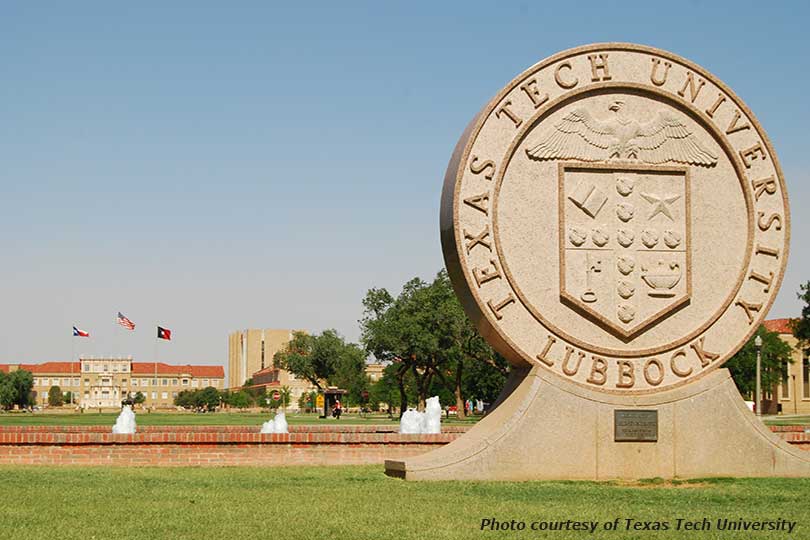The College of Agricultural Sciences & Natural Resources at Texas Tech University has received two grants totaling more than $895,000 that will be used to create new academic and outreach programs dealing with global food security.
The grants were awarded by the United States Department of Agriculture’s National Institute of Food and Agriculture (NIFA) as part of 19 grants totaling nearly $5 million and are made possible through NIFA’s capacity-building grants for Non-Land-Grant Colleges of Agriculture (NLGCA) program, which was authorized by the 2014 Farm Bill.
Texas Tech received the most funding of the 16 academic institutions awarded grants and was one of only two universities to receive multiple awards.
The grants will be used to enhance the university’s expertise in global food security by helping train the next generation of researchers needed to reduce hunger in all corners of the world.
A grant to Texas Tech for $749,404 will be used by the International Center for Food Industry Excellence (ICFIE) at Texas Tech for its project titled, “Developing a Generation of Agricultural Change Agents in the Battle for Food Security.” It is being led by professor Mindy Brashears and associate professor Marcos Sanchez in the Department of Animal and Food Sciences and professor Todd Brashears and assistant professor Amy Boren in the Department of Agricultural Education & Communications.
The project aims to produce graduates with the skills and desire to work toward improving global food security. Over the next three years, the effort will develop an online master’s degree in global food security through Texas Tech with new courses and curriculum focused on improving the security of the world’s food supply, while at the same time creating a consortium with other universities in the Southwest that will offer new courses, experiences, internships and professional development.
A unique study abroad program also will be developed for future teachers to give them the tools and experience needed to provide quality global food security education in their classrooms.
“The ultimate goal of this project is to do our part in reducing hunger on a global scale,” Brashears said. “Our faculty and partners from the University of Houston and California State University-Fresno are passionate about improving the quality of life for people worldwide.”
Another grant to Texas Tech, this one for $148,556, will go toward a collaborative effort between the Department of Landscape Architecture, the Department of Agricultural Education & Communications and the Department of Plant and Soil Science for a program called the Greenscape Design Studio.
The project is being led by associate professor Charles Klein, assistant professor Yi Luo and instructor Christiane Casanova in Landscape Architecture; professor and associate chair Cynthia McKenney, associate professor Thayne Montague and assistant professor Joseph Young in Plant and Soil Science; and professor David Lawver in Agricultural Education & Communications. The program will promote the reduction of water consumption in residential landscapes by promoting the use, understanding and acceptance of water-conserving landscape techniques.
According to Klein, in semiarid regions like West Texas, 70 percent of all water use is for non-agricultural and residential purposes, and half of that water use goes toward irrigation of

